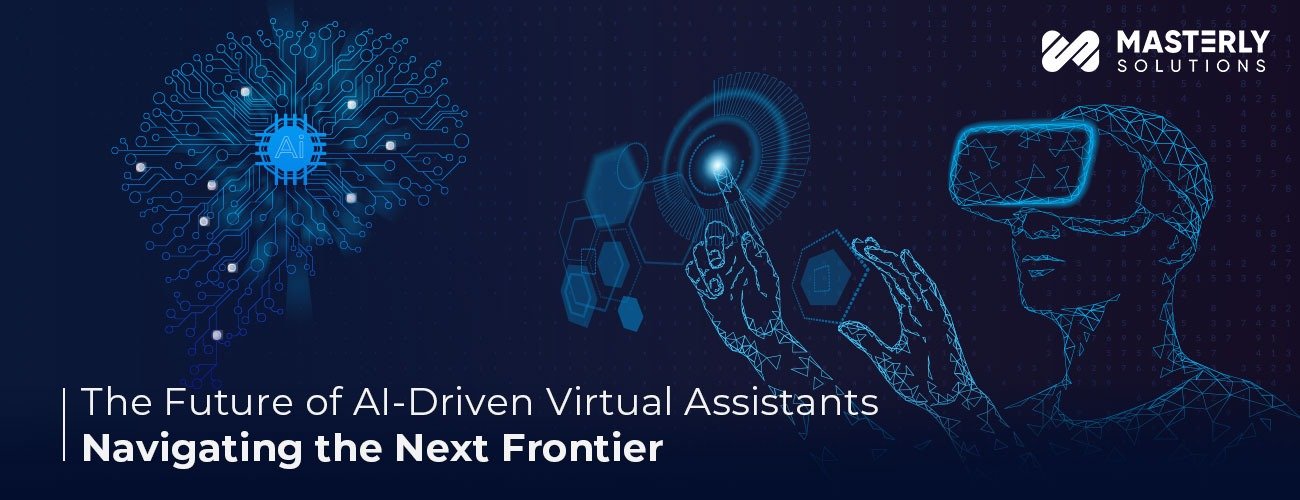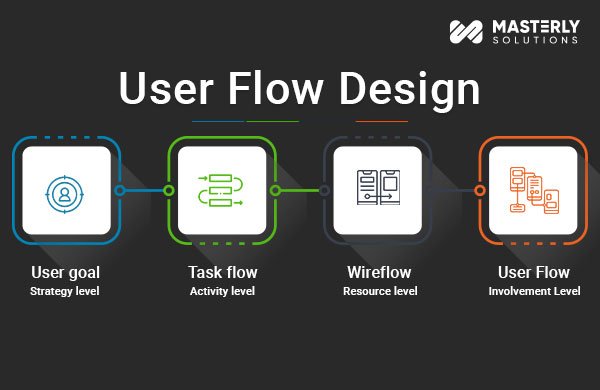
The landscape of artificial intelligence (AI) is evolving at an unprecedented rate, with AI-driven virtual assistants at the forefront of this technological revolution. As we look toward the future, these virtual assistants are anticipated to revolutionize our digital interactions, redefine task management, and transform our day-to-day experiences. This article delves into the advancements, trends, and future possibilities of AI-driven virtual assistants, offering a glimpse into a future where technology becomes even more intertwined with our daily lives.
Table of Contents
The Evolution of Virtual Assistant Technology
AI-driven virtual assistants have come a long way from their inception. Early versions offered limited functionality, focusing on basic tasks like setting reminders or performing simple web searches. Today, advancements in AI and machine learning have propelled these assistants into more complex realms, from managing smart homes to offering personalized recommendations and support.
The integration of artificial intelligence in virtual assistants has been a game-changer, enabling systems to learn from interactions and improve over time. This continuous learning process has significantly enhanced the AI virtual assistant capabilities, making them more intuitive and helpful.
Current Trends in AI Assistants
The current landscape of virtual assistant technology trends showcases a rapid integration of AI into various sectors, including healthcare, finance, and customer support. AI-powered customer support is a prime example, offering round-the-clock service and personalized assistance to users. Meanwhile, personal AI assistants are becoming more nuanced, capable of understanding and processing complex voice commands and queries.
Voice-activated AI assistants have seen remarkable improvements in voice recognition technology, making them more accessible and efficient. This leap in technology has paved the way for smart virtual assistant innovations, transforming mundane interactions into seamless, conversational experiences.
The Future of Virtual Assistants
Looking ahead, the future of virtual assistants is brimming with potential. Next-generation virtual assistants are positioned to excel in anticipation, predictively offering solutions before explicit requests, thus enhancing user experience through personalized, context-aware interactions. AI assistant advancements will prioritize refining user engagement.
Anticipate a shift towards greater openness and customization in AI virtual assistant platforms. The progression allows for customized solutions catering to individual or business needs, addressing privacy concerns through a commitment to secure and ethical management of user data.
Moreover, the expansion of the virtual assistant market is poised to reach new industries, providing inventive solutions to longstanding challenges. From healthcare, providing patient support and reminders, to education, facilitating personalized learning experiences, AI-driven virtual assistants will become an integral part of our lives.
Challenges and Considerations
Despite the optimistic outlook, there are challenges to address, particularly regarding privacy concerns and the potential for AI and machine learning for virtual assistants to misinterpret user commands or data.
Additionally, as we advance, the need for virtual assistant software development to focus on inclusivity and accessibility will become more pronounced. Crucial to the widespread adoption of AI-driven virtual assistants is ensuring universal accessibility, irrespective of individuals’ abilities or backgrounds.


